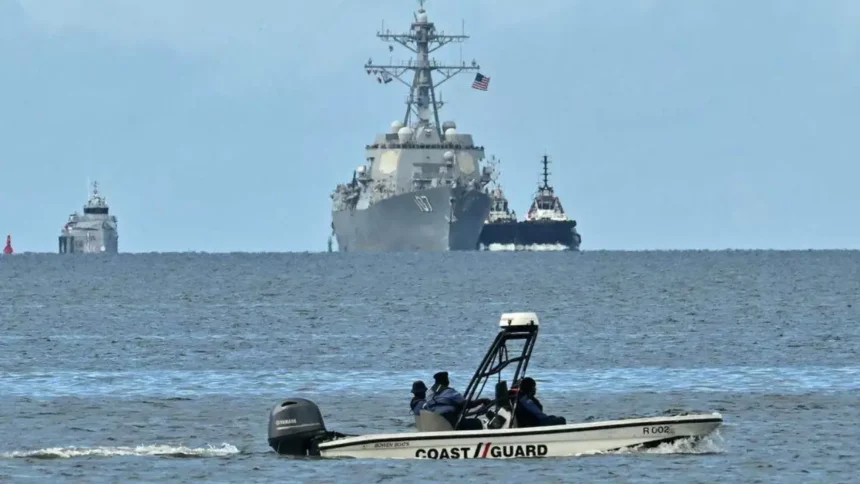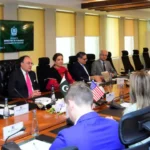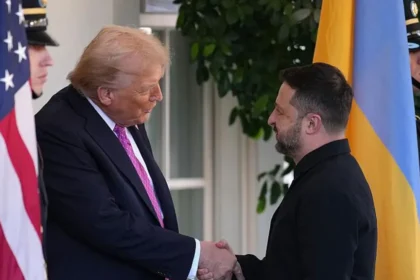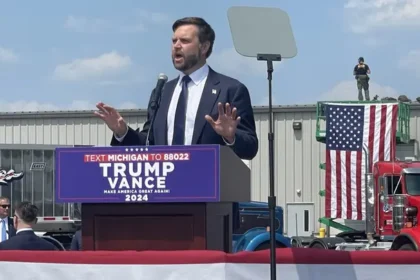The U.S. government, under the leadership of President Donald Trump, is preparing military strikes against Venezuelan military targets — a dramatic escalation in Washington’s confrontation with the regime of President Nicolás Maduro. According to officials familiar with the matter, the decision to move forward with possible strikes comes as the administration recalibrates its Latin American policy and signals a willingness to act unilaterally to protect U.S. interests and regional stability.
The potential operations would mark one of the most forceful uses of American military power in the Western Hemisphere in recent years. While details remain classified, Pentagon officials say that the targets include Venezuelan naval or air-bases believed to support illicit activities such as narcotics trafficking, regional destabilization and threats to U.S. allies. Senior advisors emphasise that this is not a decision taken lightly — it follows months of intelligence gathering, diplomatic efforts and contingency planning.
Policy Shift Under Trump
President Donald Trump’s administration has increasingly framed Venezuela as not just a humanitarian or economic crisis, but a strategic challenge that demands more forceful responses. Earlier approaches relying on sanctions, diplomatic isolation and aid support have failed to dislodge the Maduro regime. This new posture signals that the United States may now replicate models used in other contexts — where military pressure, allies’ coordination and targeted strikes form part of a broader approach to regime behavior.
Some U.S. officials say the administration sees this moment as an opportunity to reverse the narrative of Venezuelan impunity and to reassert U.S. deterrence in the Americas. The decision to prepare strikes comes amid mounting frustration inside Washington that Caracas remains a safe haven for illicit networks and a base of influence for adversarial states.
Legal, Strategic, and Diplomatic Implications
The prospect of strikes raises pressing questions about legality and oversight. Under U.S. law, any significant military action requires notification to Congress, and in some cases authorization, particularly when hostilities are not imminent. Administration attorneys argue that the strike plans fall within the scope of the President’s commander-in-chief powers and existing authorizations for counter-narcotics and counter-terror operations. Nevertheless, congressional leaders have already demanded briefings and raised concerns about transparency.
Diplomatically, the operation could risk alienating regional allies or triggering unintended consequences. Latin American governments have expressed concerns about any U.S. military action on the territory of another sovereign nation. A strike could bolster anti-U.S. sentiment in the region and push Caracas closer to strategic partners such as Russia or Iran. Moreover, Venezuelan officials have warned of “regional conflict” if U.S. action proceeds.
Strategic analysts point out the challenge of executing operations far from U.S. bases, within a highly contested environment where the Venezuelan government retains significant air-defense assets and where the political situation is volatile. The risk of miscalculation, escalation, or collateral damage is very real.
Domestic Political Considerations
President Donald Trump’s push toward strikes in Venezuela carries significant domestic political implications. His supporters view the move as evidence of decisive leadership and action in an era of global uncertainty. Conservatives are willing to back measures that demonstrate strength and resolve in the face of authoritarian regimes.
However, some moderate Republicans and Democrats remain wary of the timing and scope of action, especially given other ongoing operations and the lack of full public disclosure. Congress will likely become a battleground over war-powers oversight, budgetary authorizations and potential mission creep.
Newspapers and analysts highlight that the administration is moving at a time when public attention is divided and domestic security issues remain pressing. Thus, the optics of military action must balance political risk with operational necessity.
What Happens Next
In the immediate term, the Pentagon is expected to move key assets into readiness posture. The White House may coordinate with regional allies and intelligence-sharing partners. Congress is likely to hold hearings and demand classified briefings around the legal basis for action, targeting criteria, and potential duration of operations.
Media‐watchers expect heightened diplomatic activity in the region as Latin American states respond to possible U.S. moves. Venezuela may also engage in counter-diplomacy to rally regional opposition and draw international condemnation of U.S. action. If the strikes proceed, the administration will craft a communications strategy to present them as targeted, proportional and rooted in the broader fight against illicit networks.
Conclusion
The Trump administration’s decision to prepare military strikes against Venezuela marks a high-stakes pivot in U.S. policy toward Latin America. President Donald Trump is signalling that economic sanctions and diplomatic pressure alone are no longer sufficient. Now, direct military action is on the table — with all the risks, uncertainties and global implications that entails. How Congress, regional allies and the Venezuelan regime respond will determine whether this moment becomes a strategic turning point or a chapter marked by unintended fallout.











